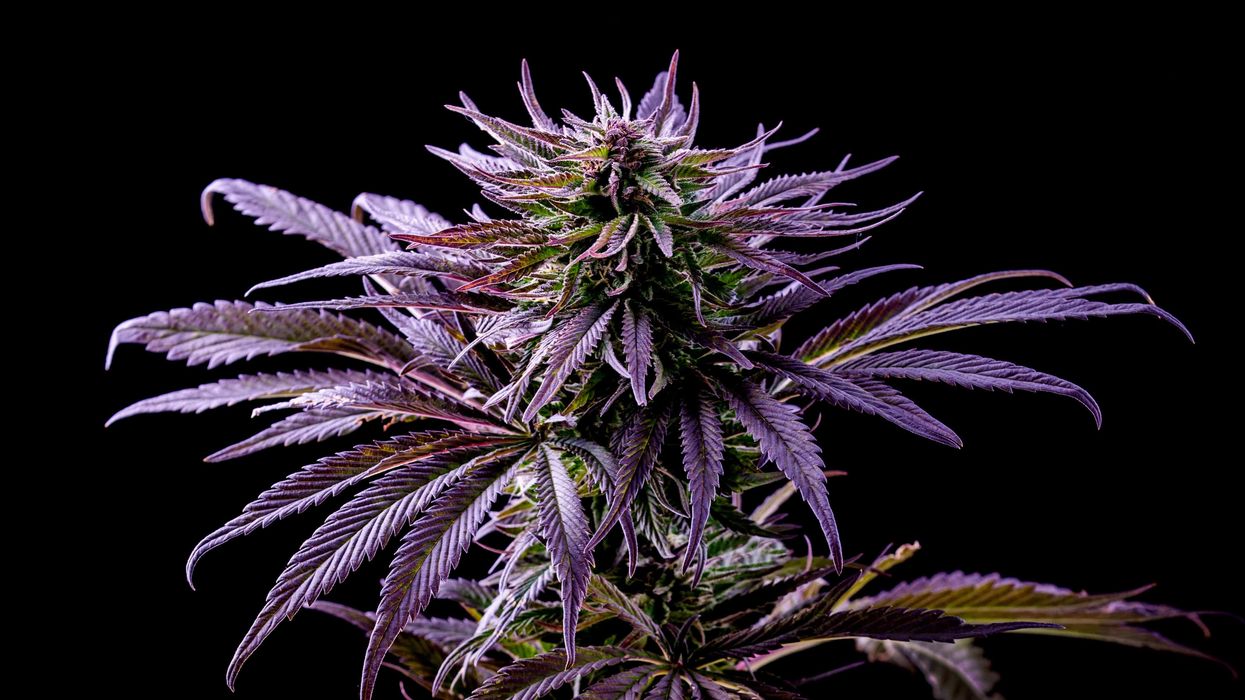THC and CBD are undoubtedly the two “star” cannabinoids almost everyone knows about. But the cannabis plant, with its complexity and rich spectrum, contains many more lesser-known chemicals. While researchers find something new every day, so far we know that the cannabis plant produces at least 80-100 cannabinoids%20and%20cannabidiol%20(CBD).)) and over 300 non-cannabinoid substances.
Cannabis research has been pivotal in uncovering the unique properties and potential benefits of THCV, distinguishing it from more well-known cannabinoids like THC and CBD.
THCV - or Tetrahydrocannabivarin - is one of those cannabinoids that are packed with benefits and yet still relatively unutilized. Here is all you need to know about this cannabinoid - and some tips to find the best THCV strains.
What Is THCV?
THCV is a cannabinoid substance produced by the cannabis plant. Its molecular structure is not so dissimilar to the better-known THC, yet it results in different effects.
Unlike THC, THCV, at lower doses, is a CB1 receptor antagonist, which means that it does not activate the CB1 receptor in the brain, thus preventing psychoactive effects.
And yet, in higher doses, THCV switches and becomes a CB1 receptor agonist, which is what causes psychoactive effects.
In any case, THCV is far less potent than its THC cousin - so, if consumed in low to moderate doses, it does not cause any psychoactive effects.
Above all, THCV is known and praised for its medical properties (more on those below), which make it a powerful ally in the fight against obesity, diabetes, anxiety, and other chronic diseases.
While only early studies have been published regarding this particular compound, it is quickly growing in popularity - keep up to date with this guide from The Bluntness.
Understanding Cannabis Strains
Cannabis strains are a crucial aspect of the cannabis industry, with various types offering unique effects and benefits. Understanding cannabis strains can help users make informed decisions when selecting a product that suits their needs. Cannabis strains are typically classified into three main categories: Indica, Sativa, and Hybrid. Indica strains are known for their relaxing and sedating effects, while Sativa strains are often associated with energizing and uplifting effects. Hybrid strains, on the other hand, offer a balance of both Indica and Sativa effects.
When it comes to THCV, African Sativa strains are particularly notable for their high THCV content. These strains, such as Durban Poison and Malawi Gold, are known for their energizing and appetite-suppressing effects. Research suggests that THCV-rich strains may offer potential benefits for weight management and energy enhancement. By choosing the right cannabis strain, users can tailor their experience to meet their specific needs and preferences.
What Is the Difference Between THC and THCV?
If you are a Cannabis geek, you’ll be interested to know that, at a molecular level, THCV presents a 3-carbon group, which is inherently different from the THC’s 5-carbon group. Additionally, if you are looking to customize the Cannabis effects by modifying the temperature, you will need to know that THCV’s boiling point is 220°C (428°F). Meanwhile, THC boils at a much lower point - 157°C (315°F).
Whether you are a geek or just a Cannabis connoisseur, this is the difference you need to know about. THCV acts as a CB1 receptor antagonist at lower doses, preventing psychoactive effects, but becomes a CB1 receptor agonist at higher doses, causing psychoactive effects. Being a CB1 antagonist instead of an agonist like THC, THCV, when taken in small doses, counteracts some THC effects, including psychotropic effects, anxiety, paranoia, increased heart rate, and high levels of appetite. But beware! In higher doses, THCV is a CB1 receptor agonist and can so cause similar effects to those of THC!
What To Expect From THCV: Effects and Benefits
So, now that you are clued up about THCV and the differences between this cannabinoid and the better-known THC, it’s time to look into the effects that THCV causes - and the unique benefits it brings.
When consuming a high THCV strain, users can expect effects such as appetite suppression and increased energy.
Here are some science-backed effects you can expect - but don’t forget that every consumer is unique in how they respond to specific substances:
- Appetite-suppressant - THCV, like other CB1 receptor antagonists, can modify food intake and suppress appetite.
- Blood sugar regulator - 2018 studies show that THCV can help regulate blood sugar, thus representing an important ally for those battling diabetes.
- Anti-inflammatory properties - 2010 studies confirmed THCV’s ability to reduce inflammation.
- Reducing anxiety - THCV can reduce panic attacks, relieve PTSD, and ease anxiety.
Alzheimer’s disease - while research is still in progress, a 2014 study shows that THCV is one of the best cannabinoids to improve motor control, tremors, and brain lesions that might be associated with Alzheimer’s disease.
Cannabis Strains High in THCV
No two strains are the same in terms of the effects they produce, their chemical composition, and their strength. But if you are looking to reap the benefits of THCV, you should start looking for high THCV strains that contain elevated levels of this cannabinoid.
The strains below can all be consumed in their flower form, or processed into oils, edibles, or extracts. Let’s have a look at the most popular ones.
Durban Poison
Durban Poison is one of the most popular THCV strains, originating from the South African city of Durban. Imported in the UK at the end of the 1970s, this Sativa strain has been one of the most popular ones since then.
Today, it is known to be an award-winning medical strain and is praised for its significant THCV concentration of nearly 1%. While this Sativa’s effects are unique to each consumer, it is particularly efficient in suppressing appetite and increasing energy and focus.
Tangie
Tangie is a Sativa-dominant hybrid strain that boasts minor percentages of California Orange and Skunk #1. While this hybrid is loved for its sweet, tangerine flavor, it can also be used to reap its euphoric and relaxing effects.
Popular since its creation in 1995, Tangie is an award-winning new strain that encourages creativity and promotes focus.
Girl Scout Cookies
Girl Scout Cookies, sometimes known as SGC, is a popular hybrid plant. While being Sativa-dominant, GSC contains very high levels of THC and THCV. This San Francisco-born Cannabis plant is known for its sweet aroma and efficiently promotes creativity, relaxation, and happiness. In the medical field, it is sometimes used as a painkiller.
Doug's Varin
If you are looking for a high THCV strain, look no further than Doug’s Varin. This 100% Sativa strain is said to have been discovered by chance in Dougie’s Farms. It contains very high percentages of THC, THCV (around 3%), and THCA.
Thanks to its composition, it promotes energy and creativity - it can be efficiently used to ease chronic conditions.
Pineapple Purps
Pineapple Purps is another Sativa-dominant hybrid strain that boasts average THC levels (around 17%). This hybrid contains Pineapple, Skunk #1, and Cheese, which makes it both balanced and powerful. This strain is mainly used to reduce anxiety - also thanks to its energetic and euphoric effects.
Jack the Ripper
Jack The Ripper is one of the strains with the highest THCV content, which sits at 5%!. At the same time, this strain is famous for its high THC levels, which go from 15 to 25%.
Jack the Ripper, which is a 70% Sativa plant, is known for its psychoactive potency, but it is a great option to induce creativity, relaxation, and energy.
Other THCV Strains
Various cannabis plants produce THCV, and here are some other THCV strains worth trying:
Other THCV strains worth trying include:
- Power Plant
- Pink Boost Goddess
- Willie Nelson
- Red Congolese
- Durban Cheese
- Skunk #1
THCV Products and Consumption Methods
THCV products are available in various forms, including gummies, tinctures, and flower. Each consumption method offers a unique experience, and users can choose the one that best suits their needs. Gummies and tinctures are popular options for those who prefer a convenient and discreet way to consume THCV. Flower, on the other hand, offers a more traditional cannabis experience.
When consuming THCV products, it’s essential to start with a low dose and gradually increase as needed. This allows users to gauge their tolerance and avoid any potential side effects. Additionally, users should be aware of the potential interactions between THCV and other cannabinoids, such as THC. By understanding the different consumption methods and starting with a low dose, users can enjoy the benefits of THCV safely and effectively.
Does THCV Show Up on a Drug Test?
THCV is a cannabinoid that can be detected on a drug test, but the likelihood of a positive result depends on various factors. THCV is a metabolite of THC, which means that it can be detected in the body for a longer period than THC. However, the detection window for THCV is typically shorter than that of THC.
If you’re concerned about passing a drug test, it’s essential to consult with a medical professional or a qualified cannabis expert. They can provide guidance on the best course of action and help you understand the potential risks and consequences. By seeking professional advice, you can make informed decisions about your THCV consumption and minimize the risk of a positive drug test result.
Finding the Best THCV Product for You
With the growing popularity of THCV, there are numerous products available on the market. Finding the best THCV product for your needs can be overwhelming, but there are a few factors to consider. First, look for products that are lab-tested and certified by a reputable third-party organization. This ensures that the product meets certain standards for quality and purity.
Next, consider the THCV levels and the presence of other cannabinoids. Some products may contain high levels of THC, which can interact with THCV and produce unwanted effects. Finally, read reviews and consult with other cannabis users to get a better understanding of the product’s effects and potential benefits.
By considering these factors, you can find a high-quality THCV product that meets your needs and provides the desired effects. Whether you’re looking for appetite suppression, energy enhancement, or weight management, there’s a THCV product out there for you.
The Bluntness Tips To Choose THC
Generally, THCV levels are much lower than THC levels - and, in some strains, you might find only traces of this cannabinoid. The strains above are the ones that can yield the best THCV benefits.
Cannabis research can provide valuable insights into the quality and effects of different THCV products.
Other strains with THCV traces might be just as beneficial for you. To find them, follow the tips below:
- Focus on African Sativa plants
- Inquiry about parent genetics for hybrid plants
- Look at the test results of a certain strain to find out more about its THCV content
The key to being up to date with all the changes in the Cannabis industry is to continue informing yourself and learning more every day - you’ll find all you need to know about cannabis strains and up-and-coming trends in the Cannabis industry at The Bluntness
For more, check out our complete collection of cannabis strain reviews


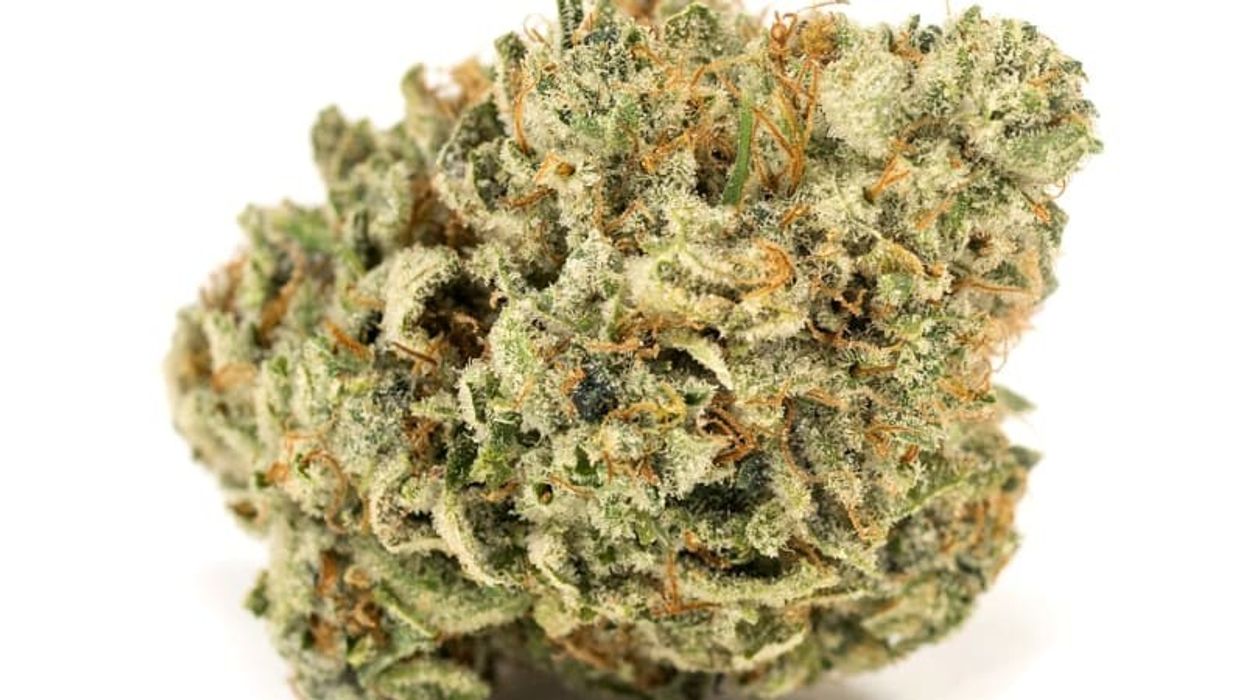




 Apple Fritter Strain - The Bluntness
Apple Fritter Strain - The Bluntness Apple Fritter Strain Review
null
Apple Fritter Strain Review
null

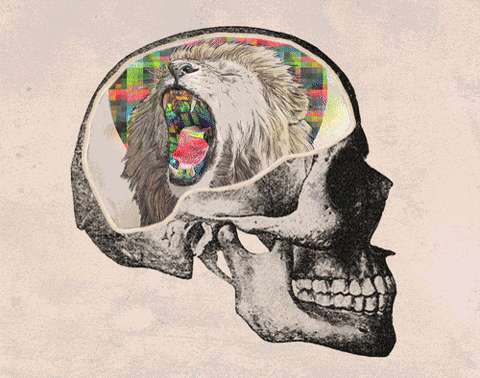




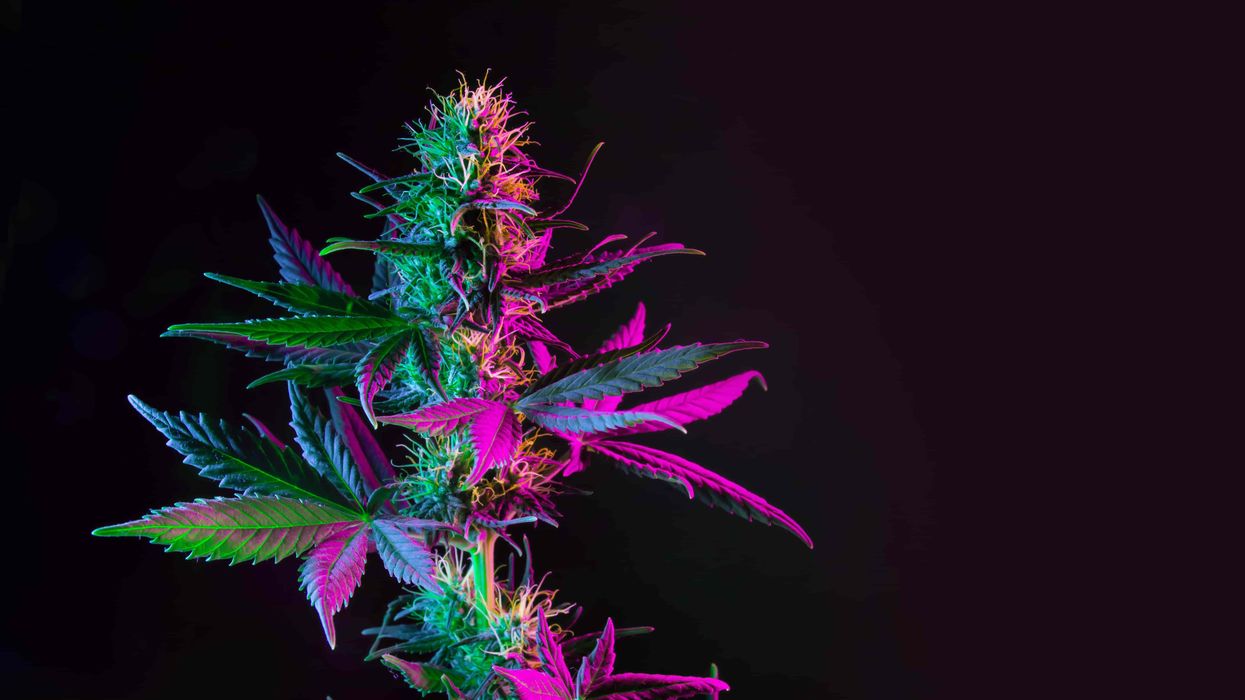
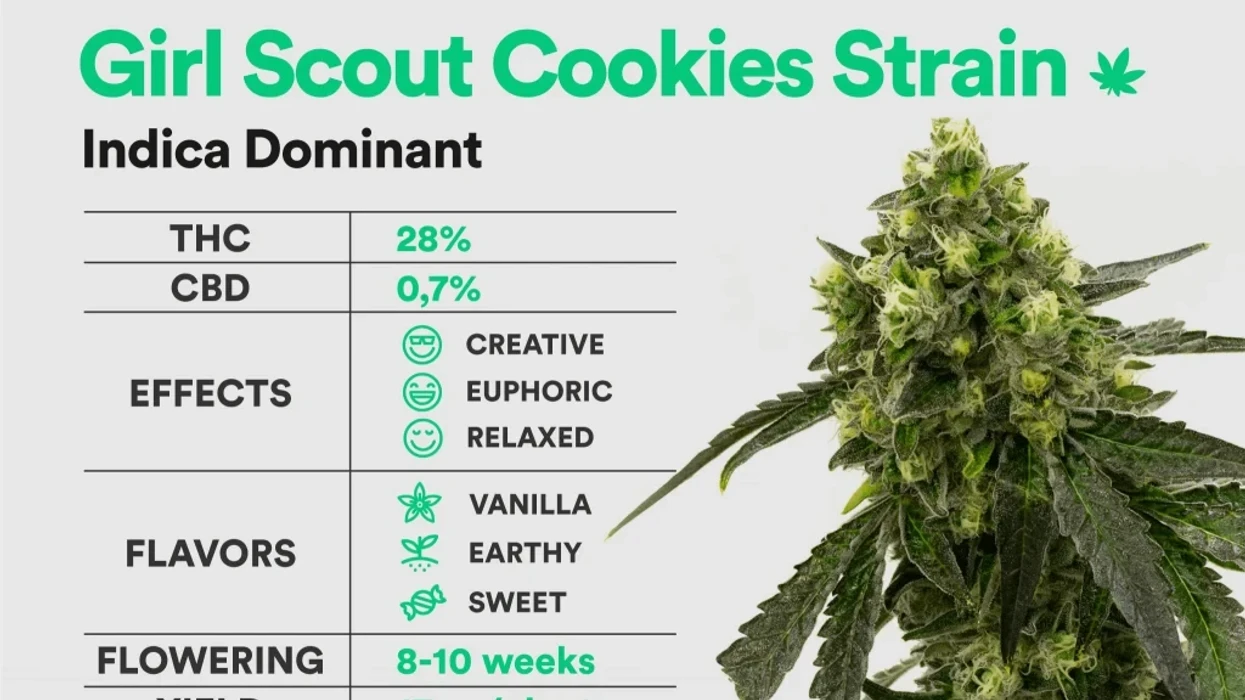
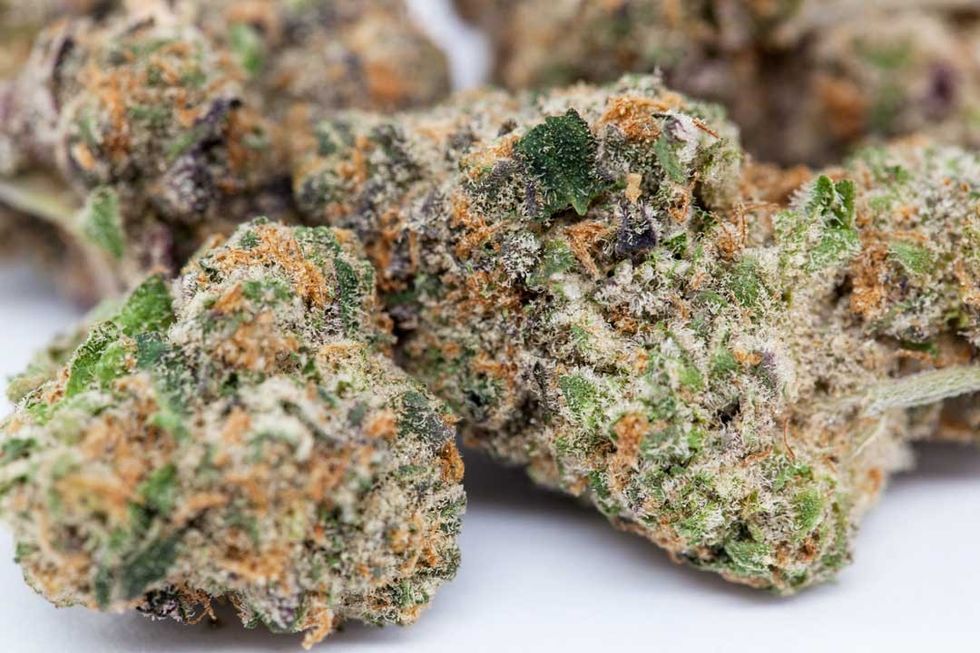 What's Unique about the Girl Scout Cookie Weed (GSC) Strain? - The Bluntness
What's Unique about the Girl Scout Cookie Weed (GSC) Strain? - The Bluntness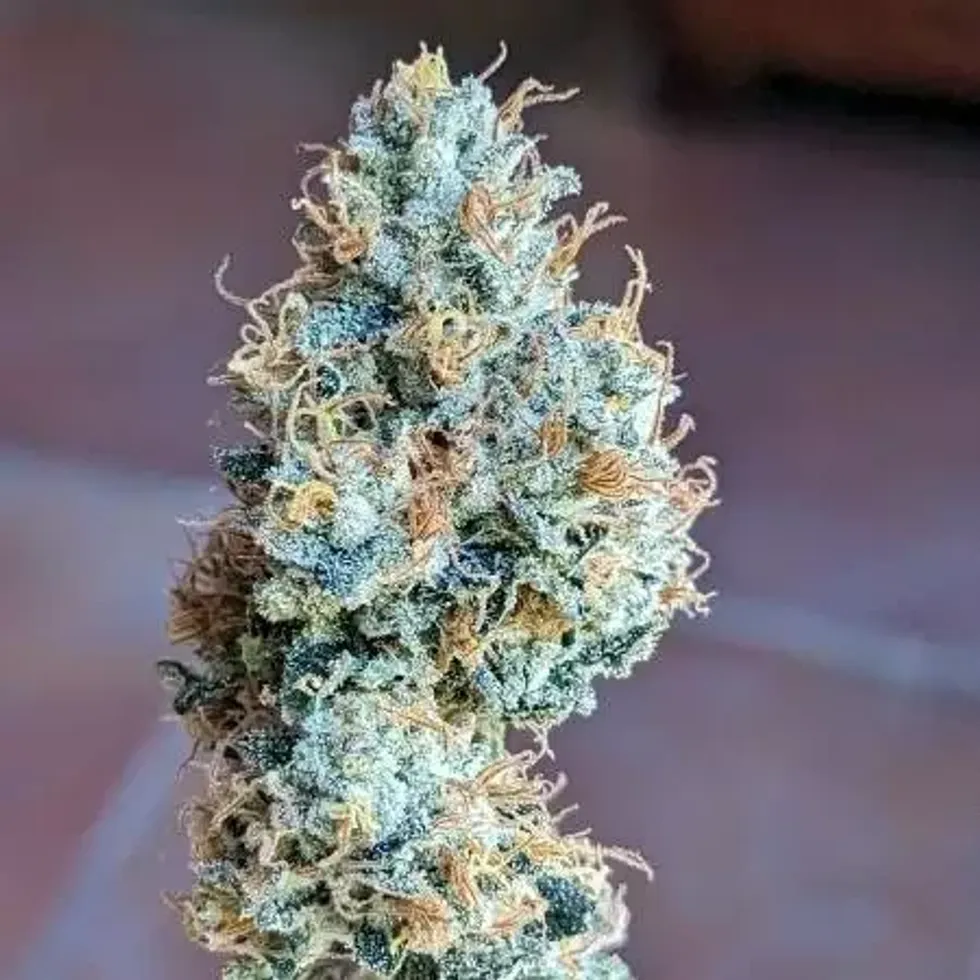 What's Unique about the Girl Scout Cookie Weed (GSC) Strain? - The Bluntness
What's Unique about the Girl Scout Cookie Weed (GSC) Strain? - The Bluntness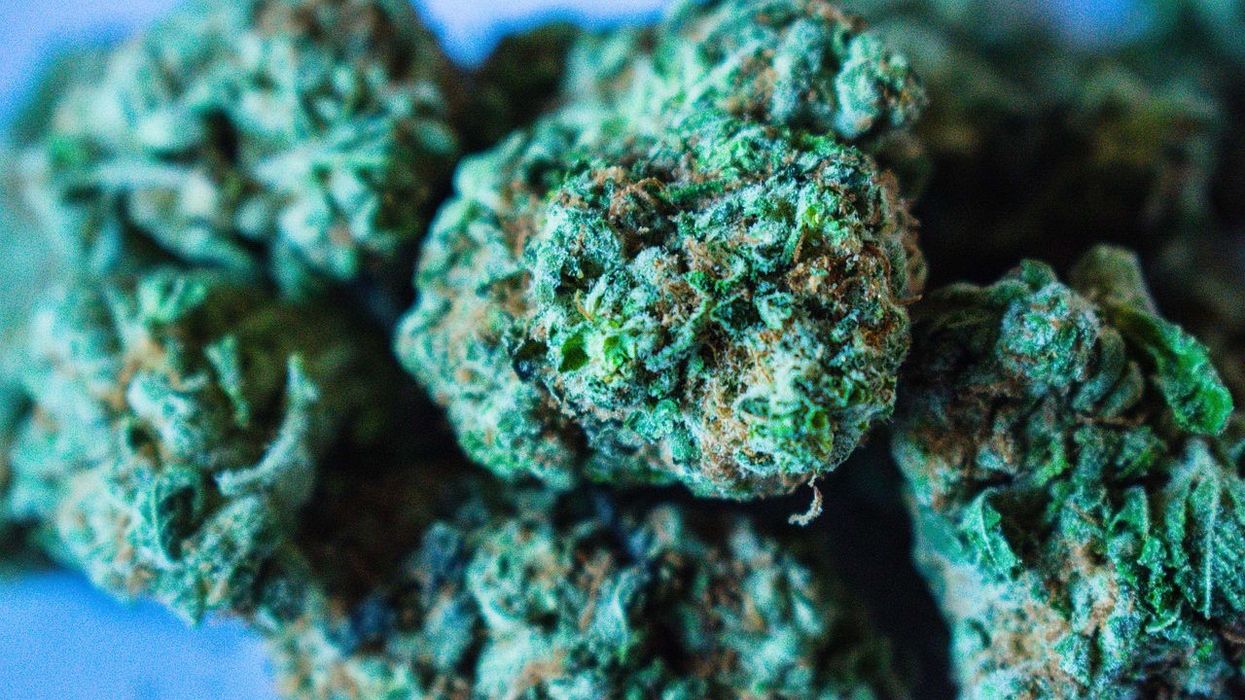
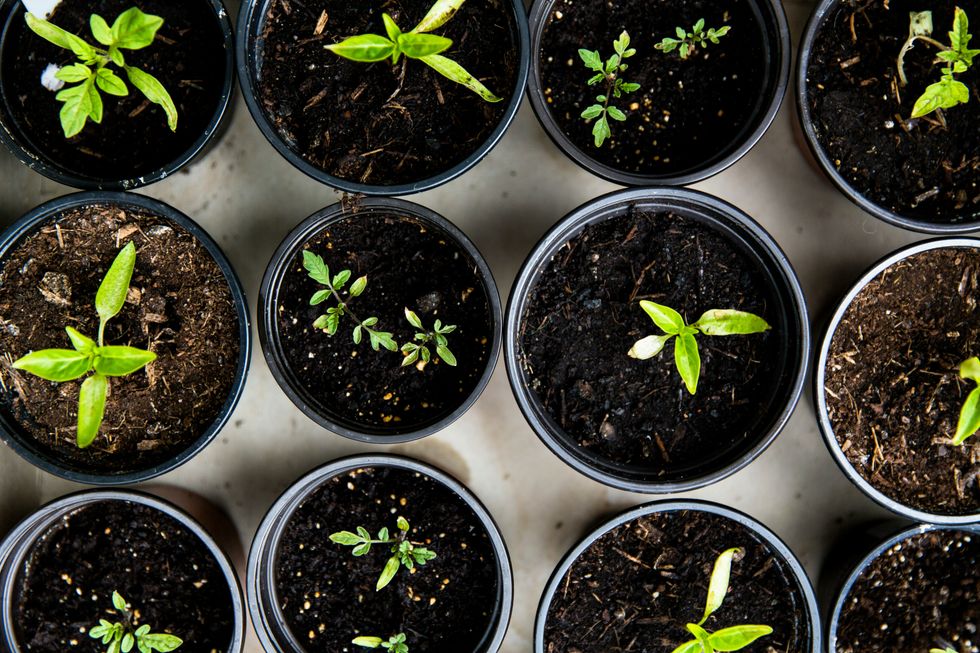 How to grow Blue Cheese - The Bluntness
Photo by
How to grow Blue Cheese - The Bluntness
Photo by 